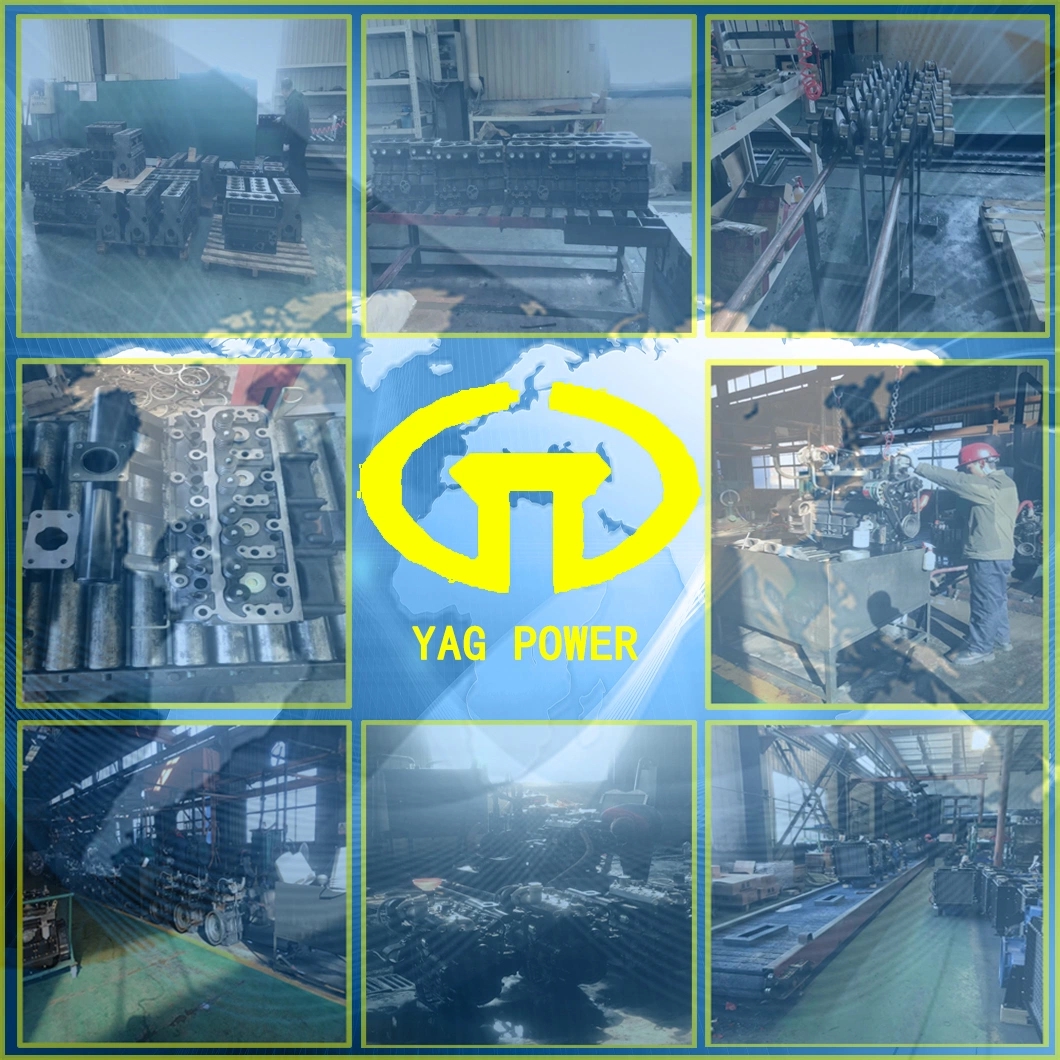The Role of Diesel Generators in the Oil and Gas Industry Powering Operations with Reliability and Efficiency

Introduction:
In the oil and gas industry, where operations are often located in remote areas with limited access to the power grid, having a reliable source of electricity is crucial for ensuring continuous operations. Diesel generators play a vital role in powering various aspects of the oil and gas industry, from drilling and extraction to processing and transportation. This article will explore the importance of diesel generators in the oil and gas industry, their key features and benefits, as well as best practices for their maintenance and operation.
Overview of the Oil and Gas Industry:
The oil and gas industry is one of the largest and most important industries in the world, responsible for meeting the global demand for energy. Oil and gas are extracted from underground reservoirs through drilling and extraction processes, and then processed to produce various products such as gasoline, diesel, jet fuel, and petrochemicals. These products are then transported via pipelines, tankers, and other means to end-users around the world.
Challenges Faced by the Oil and Gas Industry:

The oil and gas industry operates in some of the most challenging environments on Earth, including offshore platforms, deserts, and remote regions with harsh weather conditions. These environments present a number of challenges when it comes to providing reliable and continuous power supply for operations. Power outages can lead to costly downtime, equipment damage, and safety hazards for workers.
Role of Diesel Generators in the Oil and Gas Industry:
Diesel generators are a popular choice for providing backup and primary power in the oil and gas industry due to their reliability, durability, and high power output. These generators are able to operate continuously for extended periods of time, making them ideal for remote locations where access to the power grid is limited or unreliable. Diesel generators can be used to power a wide range of equipment and machinery, including drilling rigs, pumps, compressors, and lighting systems.
Key Features and Benefits of Diesel Generators:
1. Reliability: Diesel generators are known for their reliability and ability to provide consistent power output even in the most demanding conditions. This makes them well-suited for use in the oil and gas industry, where uninterrupted power supply is critical for operations.
2. Industrial Diesel Generator : Diesel generators are built to withstand harsh environments and heavy usage, making them a durable and long-lasting power solution for oil and gas operations.
3. High Power Output: Diesel generators are capable of producing high power output, making them suitable for powering large equipment and machinery used in the oil and gas industry.
4. Fuel Efficiency: Diesel generators are known for their fuel efficiency, helping to reduce operating costs and minimize environmental impact.
5. Easy Maintenance: Diesel generators are relatively easy to maintain, with simple maintenance procedures that can be carried out by on-site personnel.
6. Quick Start-Up: Diesel generators can be started up quickly and provide power almost instantly, making them ideal for use as backup power sources in case of emergencies.
Best Practices for Diesel Generator Maintenance and Operation:
To ensure the reliable and efficient operation of diesel generators in the oil and gas industry, it is important to follow best practices for maintenance and operation. Some key best practices include:
1. Regular Inspection: Conduct regular inspections of the diesel generator to check for any signs of wear and tear, leaks, or other issues that may affect its performance.
2. Scheduled Maintenance: Follow a scheduled maintenance plan that includes regular oil and filter changes, fuel system checks, and other routine maintenance tasks to keep the generator running smoothly.
3. Fuel Quality: Use high-quality fuel that meets the specifications recommended by the generator manufacturer to ensure optimal performance and prolong the life of the generator.
4. Load Testing: Periodically test the generator under load conditions to ensure that it can handle the required power output and operate efficiently.
5. Emergency Preparedness: Have a contingency plan in place for emergencies, including backup fuel supply, spare parts, and trained personnel to quickly address any issues that may arise.
Conclusion:
Diesel generators play a crucial role in powering operations in the oil and gas industry, providing a reliable and efficient source of electricity for various applications. Their durability, high power output, and fuel efficiency make them well-suited for use in remote and challenging environments where access to the power grid may be limited. By following best practices for maintenance and operation, oil and gas companies can ensure that their diesel generators continue to perform at their best, powering operations and contributing to the success of the industry as a whole.
